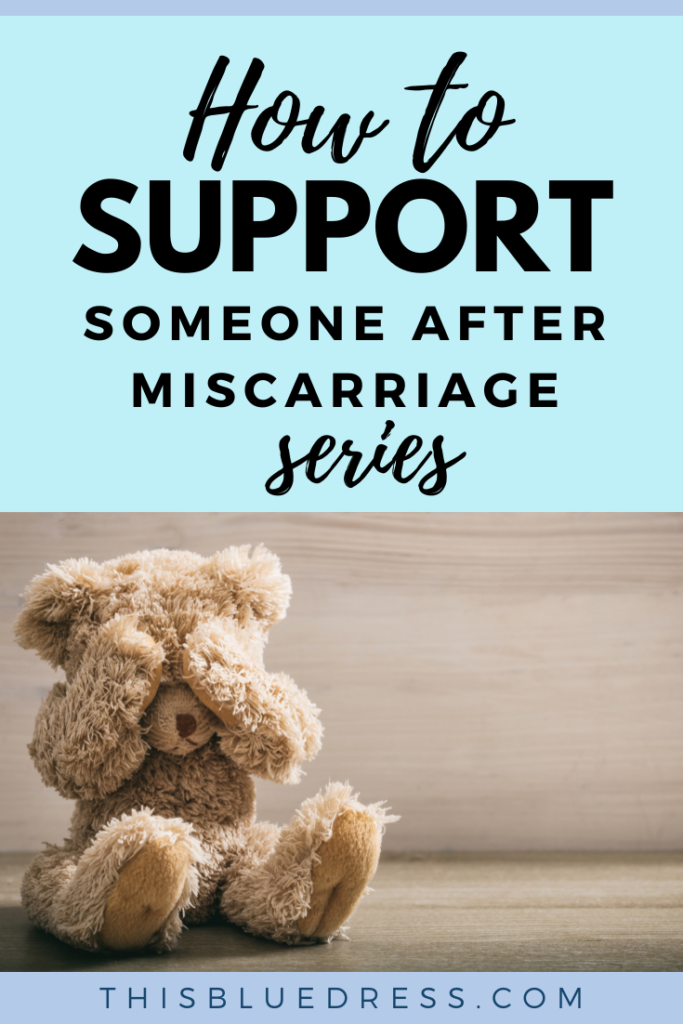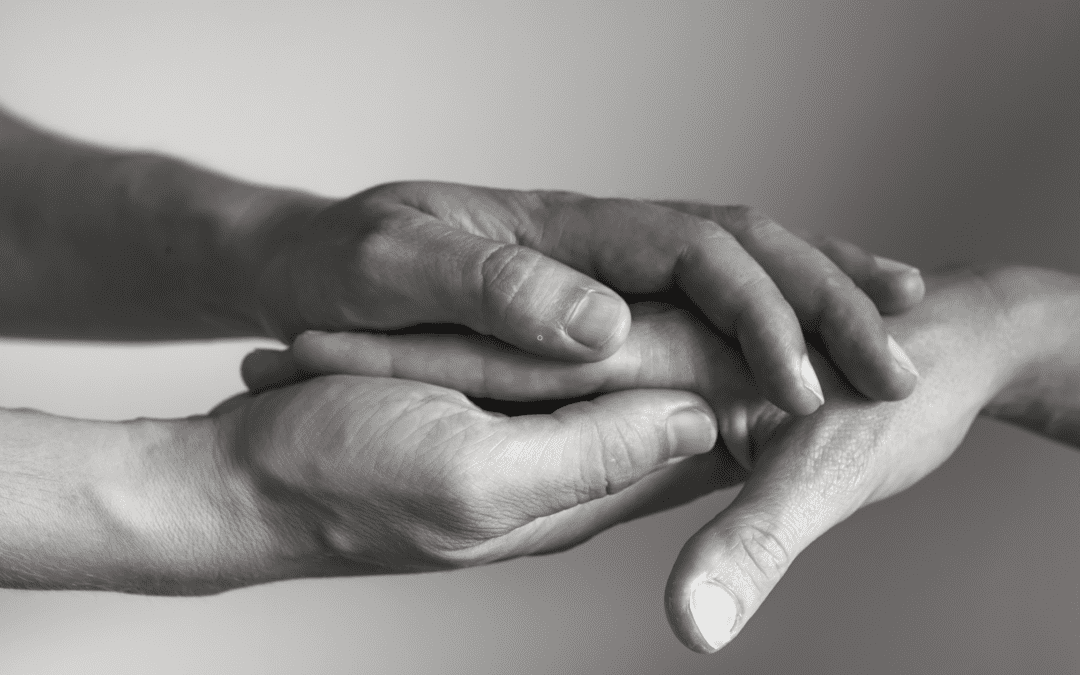If a friend or loved one recently experienced a miscarriage, this series can help you with ideas including what to say (and what not to say) and practical tips for offering support. This first post focuses on what NOT to say–for a very important reason.
This series has been on my heart for a long time. I had my first miscarriage five years ago and have had three more angel babies. Miscarriage has been one of the most painful, confusing, and lonely experiences of my life. I’ve tried to write about it, and the words still choke me. This offering is my first step in that direction.
I’ve always been afraid of miscarriage–it was something that was usually talked about in whispers at church or in adult circles when I was a child and teen. My mother didn’t experience one. I didn’t have a framework for that loss, so when I had friends experience miscarriages, I didn’t know how to comfort them appropriately.
Now that I’ve joined this circle I always feared, I’ve learned more about what it means to support and succor others through grief. My background is in Human Development, not specifically grief counseling, so these ideas are from my own experiences and from many, many discussions with others who have had miscarriages.
I hope this series helps you feel more empowered to offer support to someone who has experienced a miscarriage. Thank you to those who have been my supporting angels. I love you.

What Not to Say After a Miscarriage
I’ve been hesitant to start with this. It’s hard. But a lot of the hurt many women experience after miscarriage is from things that were said to them afterward that caused more harm than good. This list is not exhaustive, but it does include the most frequent phrases I’ve heard in miscarriage support groups that leave women in more pain, not less.
This post is NOT meant to be guilt-inducing. If you’ve said one of these before (I did before I experienced miscarriage!), give yourself grace and consider other words of support in the future.
It was meant to be.
I know this is meant to be comforting, especially coming from one faith-based friend to another. But it can feel like you are not giving the person experiencing the loss permission to grieve. It can make it seem like the baby wasn’t meant to exist, so the parent shouldn’t be sad.
At least you know you can get pregnant.
As someone who has experienced infertility and secondary infertility, please please don’t say this. Many women feel betrayed by their bodies after a miscarriage. They might blame themselves or have so many questions about why the miscarriage happened. Pregnancy wasn’t their goal–they wanted to have their baby!
The miscarriage may have happened after expensive fertility treatment or triggered an intervention that prevents future pregnancies. Or a thousand other scenarios. Don’t assume they can “just try again”.
At least you don’t have to go through labor and delivery.
Labor and delivery can be scary! I’ve borne six living children and have had quite a range of experiences. But I’d rather experience that 100000% than miscarrying on my own or a D&C.
Miscarriage can be physically traumatic too, but you don’t get to experience the sweetness of the baby at the end.
At least you have other children.
“At least” can be belittling to grief which is why I highlighted it in the last three examples. If you feel the need to start your comforting phrase with it, please don’t.
Miscarriage has given me additional gratitude for my living children! What a miracle they are. I thank God for them every single day. I’m holding my rainbow baby right now–she just turned three–as I type this, and I KNOW what a gift that is that so many women who have miscarriages will not get to experience.
But because I’ve been able to raise some of my children, I also know part of what I’ve lost through each miscarriage. And it’s devastating. I’ve also had to help my children process their grief through losing multiple siblings. It can be difficult to be a caretaker after a miscarriage.
Something was probably wrong with the baby.
Maybe. But not always. Even if something was wrong, many parents would choose to have their baby if it was up to them. Grieving a baby with medical issues is just as valid as grieving a healthy baby.
What a blessing it was early.
It can really hurt when someone frames loss as a blessing. Some people mourn early miscarriages as the lost potential of a baby; others mourn the early loss the same as losing a child at any stage of development or age. Both perspectives are valid and both are a valid loss to grieve. Don’t reduce someone’s grief based on a certain number of weeks.

If this post was heavy for you, I’m sorry. It was heavy for me to type and process. But I hope it helps spare someone else the heaviness of having their grief minimized, even when the person offering support has the best intentions.
So what do I say to comfort someone after a miscarriage?
I’m going to go deeper into this topic in the next post in this series, but basically anything that 1) is sincere 2) doesn’t minimize the person’s grief like the examples in this post and 3) helps them know they are not alone can be a support to them. “I’m sorry for your loss” and “I’m here for you” are two good options.
Thank you for supporting your loved one through this difficult time. They’ll remember your love forever.


I think instead of trying to make people feel better with words, it’s best to “do no harm.” There are some losses that are too big to be fixed by words. So when you try to fix things with words you end up saying something stupid and hurtful. As someone who likes to be positive and fix things, this is really uncomfortable at first. I feel like I’m not doing anything when i say less or just say “I’m so sorry”, but that’s the point- it can’t be fixed. Saying these dumb things only deal with MY discomfort, not the person in mourning.
YES! You articulated this so well. “Do no harm” is a great mantra when seeking to comfort others after devastating losses. Thank you for sharing this perspective!